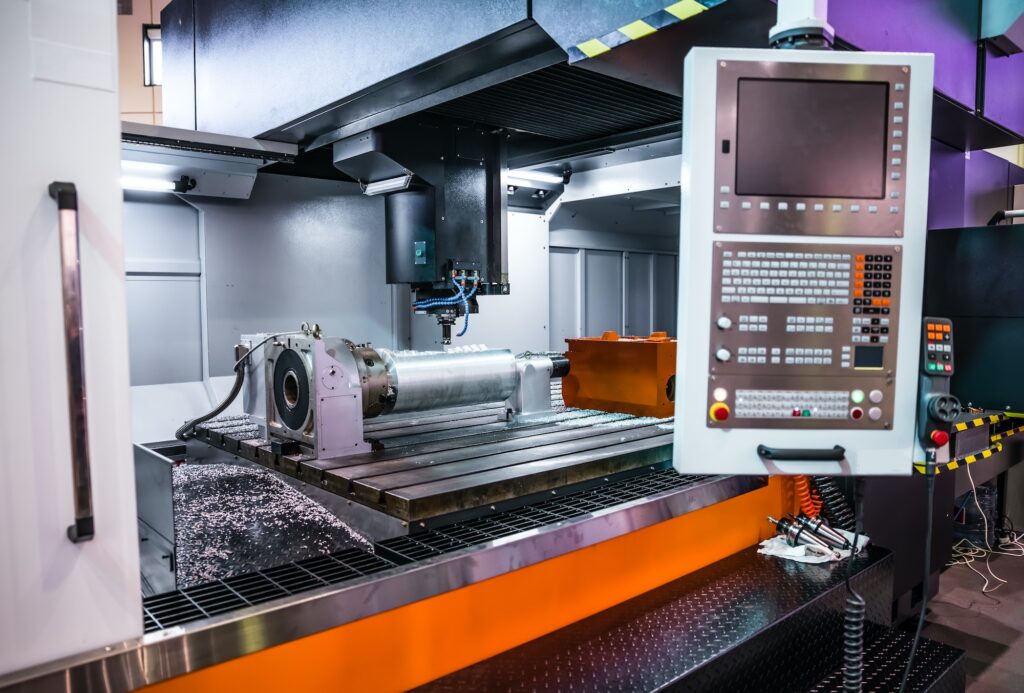Numerically-controlled (NC) Machine Tools, or Numerical Control (NC) Machine Tools, are an important part of the modern manufacturing industry. They use digital or numerical control to manipulate various types of materials in order to create desired shapes or products. By following specific instructions, NC machines are able to move cutting tools along predetermined paths and to cut away material from a workpiece.
The capabilities of NC machines are much greater than those of traditional manually controlled machines, making them ideal for complex shaping of materials. They can reduce the time required to made a product significantly, while simultaneously increasing accuracy. For example, a single complex shape can be simulated on the computer before being cut with an NC machine tool. This reduces prototyping costs and improves product quality.
Due to these advantages, NC machine tools are often preferred in industries such as aerospace, automotive and medical. They are also increasingly used in a variety of household applications, including musical instruments and furniture. The costs of operating these machines have come down significantly over the years, allowing for a wider range of applications.
NC machines are powered by sophisticated computer software that can read G-code instructions and convert them into motion. This programming can be done manually or with the help of a computer-aided manufacturing (CAM) program. The use of these machines allows for very precise cutting and fabrication, making them an increasingly popular choice for a wide variety of manufacturing processes.


